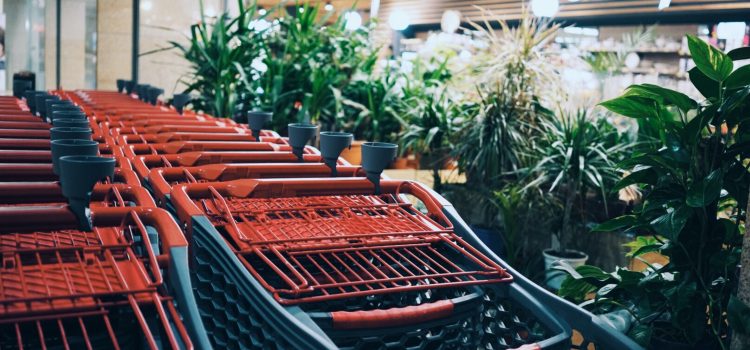
Disasters can strike at any time, and they often come with little warning. Whether it’s a natural disaster like a hurricane, earthquake, or wildfire, or a man-made disaster like a terrorist attack or a major power outage, being prepared can make all the difference in ensuring your safety and survival.
That’s where FEMA comes in. As the federal agency responsible for coordinating the government’s response to disasters, FEMA has been on the front lines of some of the most significant disasters in recent memory, from Hurricane Katrina to the COVID-19 pandemic. Along the way, FEMA has learned some important lessons about the importance of disaster preparedness.
Lesson #1: Have a Plan
One of the most important things you can do to prepare for a disaster is to have a plan in place. This means knowing what to do and where to go if disaster strikes. FEMA recommends that you have a family emergency plan that includes a communication plan, evacuation plan, and a plan for sheltering in place.
Lesson #2: Build a Disaster Kit
Another key aspect of disaster preparedness is having a disaster kit that includes essential supplies like food, water, first aid, and medications. FEMA recommends that you have enough supplies to last for at least 72 hours, as it may take that long for emergency responders to arrive.
Lesson #3: Stay Informed
During a disaster, information is power. That’s why it’s important to stay informed about the situation and any updates or instructions from emergency officials. FEMA recommends that you have multiple ways of receiving information, such as a battery-powered radio, social media, or emergency alerts on your phone.
Lesson #4: Get Involved
Disaster preparedness is not just an individual responsibility, but a community one as well. By getting involved in your community’s disaster preparedness efforts, you can help ensure that everyone is prepared and able to respond in the event of a disaster. FEMA offers resources and training to help individuals and communities prepare for disasters.
Lesson #5: Learn from Experience
Finally, it’s important to learn from past disasters and use that knowledge to improve our preparedness and response efforts. FEMA has conducted numerous after-action reviews of past disasters, identifying areas for improvement and implementing changes to better prepare for future disasters.
In conclusion, disaster preparedness is essential for ensuring our safety and survival in the face of disasters. By following the lessons learned from FEMA’s experience, we can better prepare ourselves, our families, and our communities for the next disaster that comes our way.










